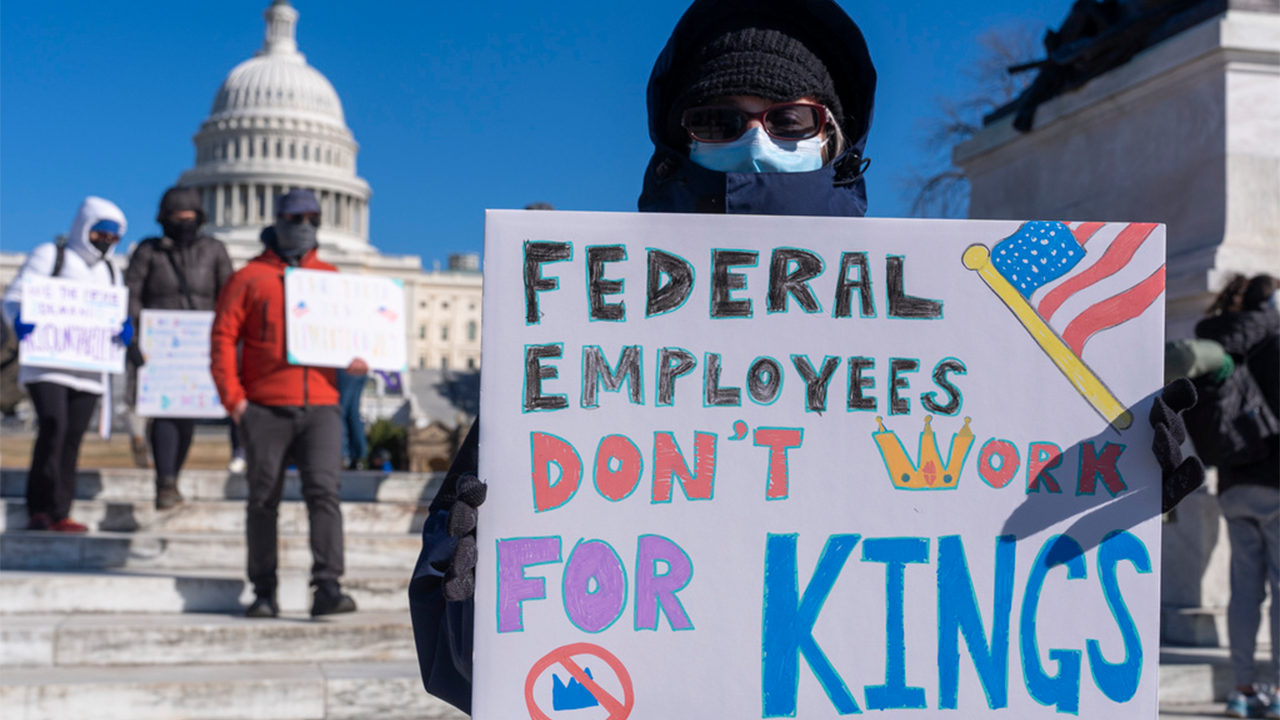2nd judge orders Trump admin to rehire probationary workers let go in mass firings

A second judge late Thursday has issued a ruling ordering the Trump administration to reinstate probationary workers who were terminated in mass firings across various agencies. U.S. District Judge James Bredar, an Obama appointee based in Baltimore, found that the administration violated laws governing large-scale layoffs. As a result, Bredar has put a halt to the firings for a minimum of two weeks and instructed that the workforce be returned to the state it was in before the layoffs occurred.
The judge’s decision was in response to a lawsuit filed by nearly two dozen states, claiming that the mass firings were illegal and had negative repercussions on state governments as they work to support those who have suddenly lost their jobs. This ruling closely followed a similar one by U.S. District Judge William Alsup, who determined that terminations across six agencies were orchestrated by the Office of Personnel Management and its acting director, Charles Ezell, who lacked the authority to do so.
Alsup’s order mandates that the departments of Veterans Affairs, Agriculture, Defense, Energy, the Interior, and the Treasury immediately offer job reinstatement to employees who were terminated around February 13 and 14. Additionally, these departments are required to provide a list of probationary employees and explain how they complied with the judge’s order for each individual within seven days.
The Trump administration has appealed Alsup’s ruling, arguing that states do not have the right to intervene in the federal government’s relationship with its employees. According to Justice Department attorneys, the firings were based on performance issues rather than being part of a large-scale layoff process subject to specific regulations.
Probationary workers have been particularly targeted for layoffs across federal agencies as they are typically new to their positions and lack full civil service protection. Numerous lawsuits have been filed challenging these mass firings. Government lawyers assert that the terminations were lawful because individual agencies thoroughly reviewed and determined the fitness of probationary employees for continued employment.
Alsup, appointed by President Bill Clinton, expressed skepticism towards the government’s argument. He had planned to conduct an evidentiary hearing on Thursday, but Ezell failed to appear in court to testify or provide a deposition. Additionally, the government withdrew his written testimony.
There are approximately 200,000 probationary workers in various federal agencies, including entry-level employees and those who have recently been promoted. This ongoing legal battle underscores the complexities surrounding workforce management and the rights of federal employees.
This rewritten content draws from the original article’s HTML tags, headings, and key points while providing a fresh perspective on the judicial rulings regarding the mass firings of probationary workers in federal agencies.




